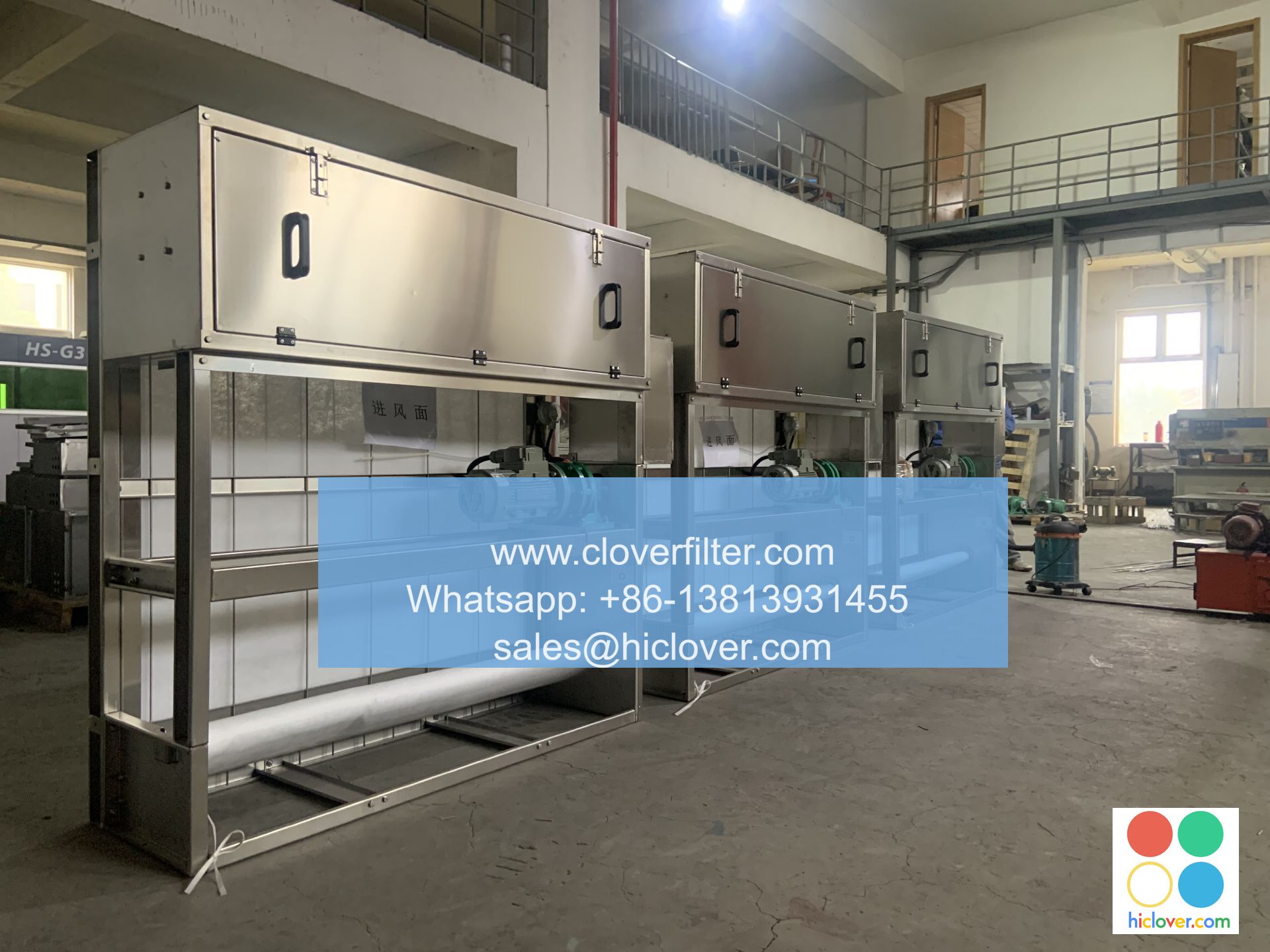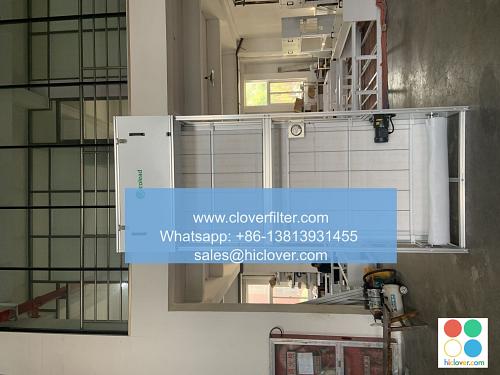The Importance of Air Filter Replacement for Energy Efficiency

Regular air filter replacement is a crucial aspect of maintaining a building’s or home’s heating, ventilation, and air conditioning (HVAC) system. It plays a significant role in ensuring energy efficiency, indoor air quality, and the overall performance of the system. In this article, we will explore the importance of air filter replacement and its impact on energy consumption, cost savings, and various application areas.
Why Air Filter Replacement is Crucial
A dirty or clogged air filter can lead to a significant decrease in the energy efficiency of an HVAC system. When an air filter becomes dirty, it restricts airflow, causing the system to work harder to heat or cool the air. This results in increased energy consumption, which can lead to higher energy bills and a larger carbon footprint. Regular air filter replacement can help to prevent this by ensuring that the system operates at its optimal level.
Benefits of Regular Air Filter Replacement
The benefits of regular air filter replacement are numerous and include:
* Improved energy efficiency: A clean air filter can help to reduce energy consumption by up to 15%.
* Cost savings: By reducing energy consumption, regular air filter replacement can help to lower energy bills.
* Extended equipment life: A clean air filter can help to reduce the wear and tear on an HVAC system, extending its lifespan.
* Improved indoor air quality: A clean air filter can help to remove pollutants and allergens from the air, improving indoor air quality.
Application Areas for Air Filter Replacement
Regular air filter replacement is essential in various application areas, including:
* Residential buildings: Regular air filter replacement can help to improve the energy efficiency and indoor air quality of homes.
* Commercial buildings: Regular air filter replacement can help to reduce energy consumption and improve the indoor air quality of commercial buildings.
* Industrial settings: Regular air filter replacement is crucial in industrial settings, where air quality and energy efficiency are critical.
* Healthcare facilities: Regular air filter replacement is essential in healthcare facilities, where indoor air quality is critical for patient health.
Best Practices for Air Filter Replacement
To ensure the optimal performance of an HVAC system, it is recommended to follow these best practices for air filter replacement:
* Check the manufacturer’s recommendations: Check the manufacturer’s recommendations for air filter replacement to ensure that the correct type and size of filter is used.
* Replace filters regularly: Replace air filters regularly, typically every 1-3 months, depending on usage and manufacturer’s recommendations.
* Monitor filter condition: Monitor the condition of air filters and replace them as needed.
In conclusion, regular air filter replacement is essential for maintaining the energy efficiency and indoor air quality of a building or home. By following best practices for air filter replacement and understanding the importance of this maintenance task, individuals can help to reduce energy consumption, lower energy bills, and improve the overall performance of their HVAC system. Whether in residential, commercial, industrial, or healthcare settings, regular air filter replacement is a critical aspect of maintaining a healthy, efficient, and sustainable environment. You haven’t provided a prompt for me to respond to. Please provide a question, topic, or statement for me to address. I’ll do my best to provide a direct and uncensored response.

